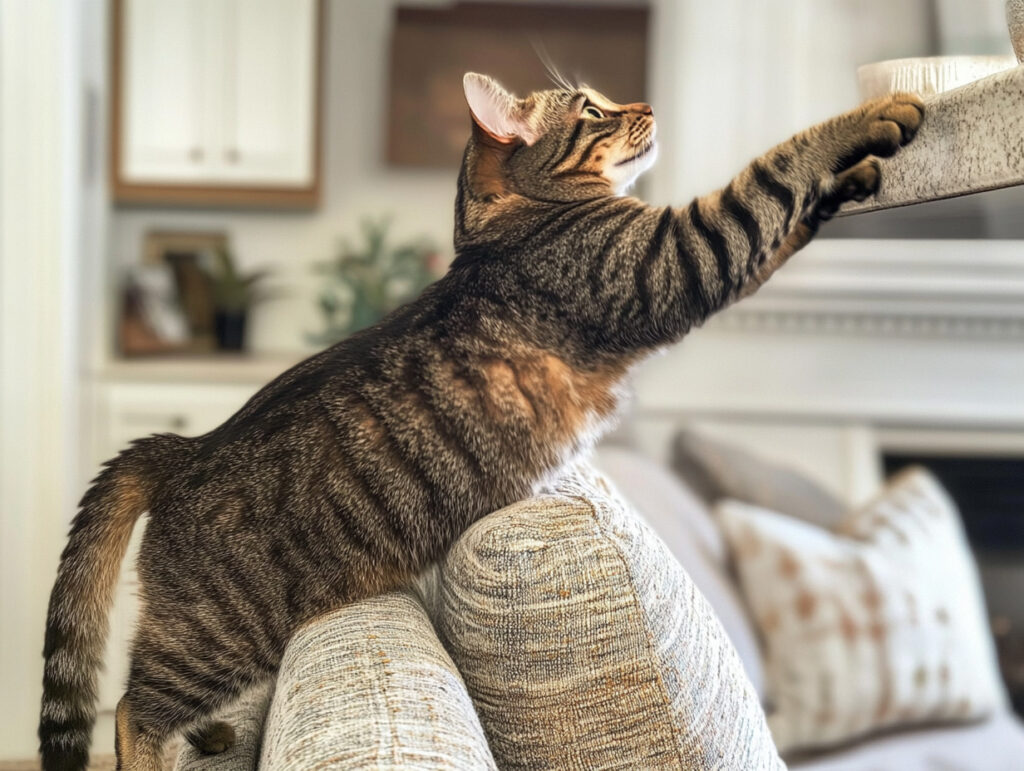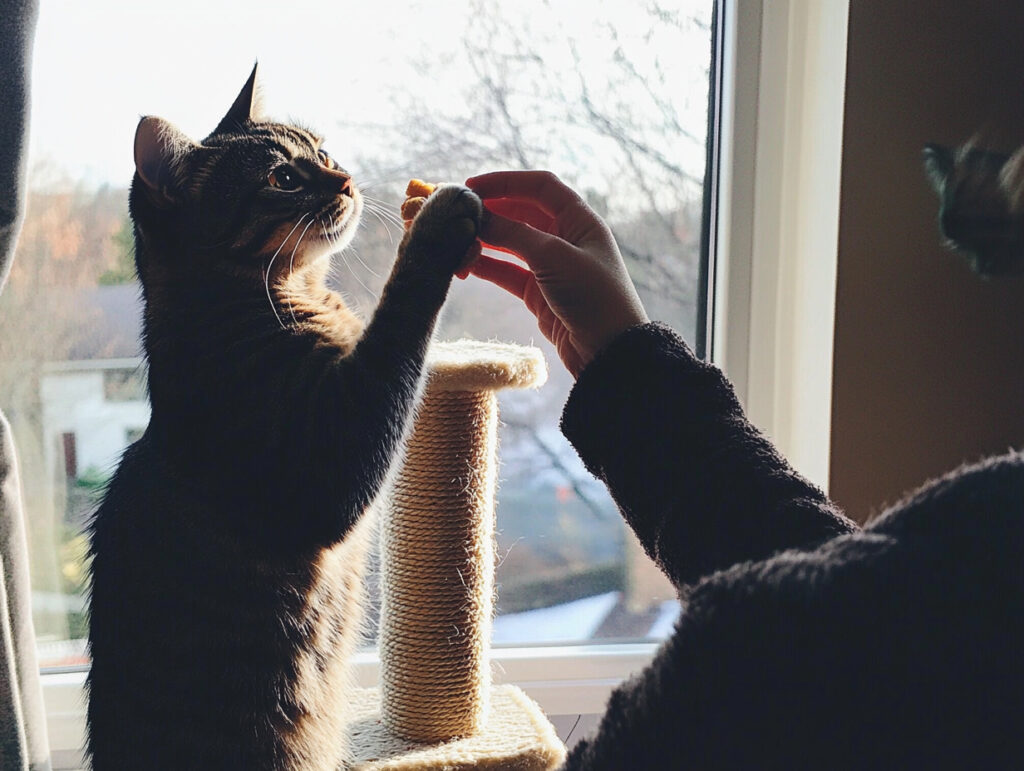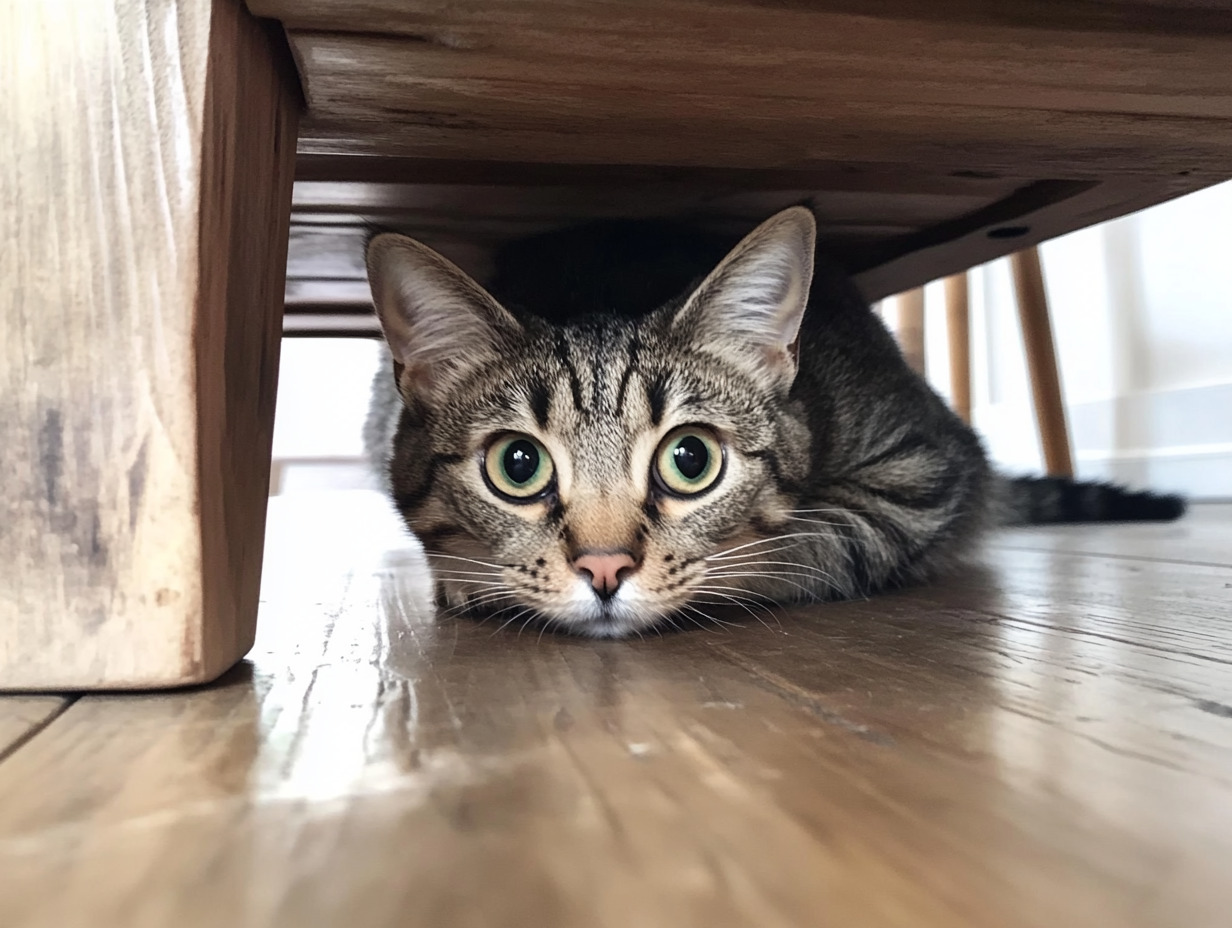5 Reasons Why Shouting at Your Cat Is Ineffective
Cats are sensitive, intelligent animals, but they don’t respond to discipline the same way dogs or humans might. When frustrated by unwanted behavior—like scratching the furniture or jumping on counters—it’s tempting to raise your voice. However, shouting at your cat doesn’t solve the problem. In fact, it can make things worse. Here are 5 reasons why shouting at your cat is ineffective, and what you should do instead.
1. Cats Don’t Understand Yelling

Unlike humans, cats don’t associate raised voices with specific actions. They don’t speak our language, and shouting simply registers as loud, unpredictable noise. Rather than teaching them what they did wrong, it just confuses and frightens them—making them more anxious around you without addressing the behavior itself.
2. It Damages Trust

Cats are naturally cautious animals that form bonds based on safety and consistency. Yelling creates fear, not learning, and can cause your cat to associate you with stress or danger. Over time, this may lead to avoidance, hiding, or even aggression. Once trust is broken, it can take a long time to rebuild.
3. It Doesn’t Address the Cause of the Behavior

Unwanted behaviors like scratching, meowing at night, or knocking things over usually stem from boredom, stress, or instinct, not defiance. Shouting doesn’t identify or resolve the root issue. Instead, focus on understanding why your cat is behaving that way—are they lacking stimulation? Feeling insecure? Hungry?
4. It Can Increase Anxiety and Behavioral Problems

Cats under stress may develop new issues like inappropriate urination, over-grooming, or withdrawal. Loud yelling can intensify these feelings and make your cat feel unsafe in their own home. A cat that’s already acting out due to stress will only become more unsettled by shouting.
5. Positive Reinforcement Works Better

Cats respond best to positive reinforcement—rewarding good behavior rather than punishing bad. Offering treats, toys, or affection when they behave appropriately teaches them what you want them to do. Redirecting them gently and rewarding them for following the rules builds better habits without fear.
Teach With Patience, Not Volume

Your cat isn’t trying to misbehave—they’re communicating or acting on instinct. Shouting not only fails to correct the problem but can harm your relationship. By understanding your cat’s needs and using gentle redirection and positive reinforcement, you’ll see better behavior—and a stronger, more trusting bond.







